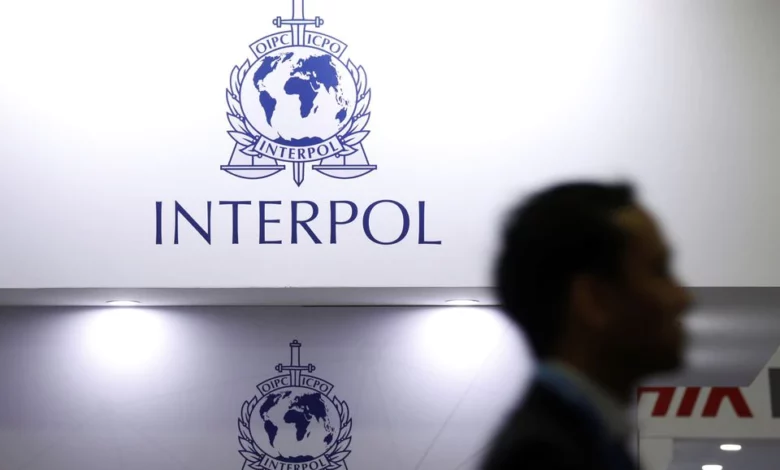
ISTANBUL, Nov 25 (Reuters) – Global police agency Interpol elected Emirati Inspector General Ahmed Nasser Al-Raisi as its president on Thursday, despite accusations from rights groups that he failed to act on allegations of torture of detainees in the United Arab Emirates.
Although the presidency is a part-time role and does not oversee day-to-day operations of the agency, the president is a high profile figure who chairs meetings of Interpol’s assembly and executive committee.
Human Rights Watch and the Gulf Centre for Human Rights said in May that his department had not investigated credible allegations of torture by security forces, and electing Raisi would put Interpol’s commitment to human rights in doubt.
A spokesperson for the UAE Ministry of Foreign Affairs and International Cooperation said Raisi “strongly believes that the abuse or mistreatment of people by police is abhorrent and intolerable”.
Responding to questions about Raisi’s candidacy and Interpol’s election process, Secretary General Jurgen Stock said Interpol did not intervene in politics.
“We also do not have the mandate to, for instance, start any investigation on national issues. That is the national sovereignty where we have to stay away,” Stock said this week.
Two men said this week they had filed a criminal case with Turkish prosecutors against Raisi, while he was in Istanbul for the election at the Interpol general assembly.
Matthew Hedges, 34, an academic at the University of Exeter, said he was held in solitary confinement for seven months in 2018 in the UAE over allegations of espionage when he went to the country do to research for his doctorate.
He said he was threatened with physical violence or rendition to an overseas military base and harm to his family. “This was done by the Emirati security services within a building that Naser al-Raisi … has responsibility for,” Hedges told Reuters in Istanbul.
“The possibility of al-Raisi becoming Interpol president sets an extremely dangerous precedent where systematic abuses are legitimized and normalized for other states continue using them around the world,” he added.
The UAE has said Hedges was not subjected to any physical or psychological mistreatment during his detention.
Ali Issa Ahmad, 29, said he was detained during a holiday when he went to UAE to watch the Asian Cup in 2019 because he wore a T-shirt with a Qatar flag, at a time when there was diplomatic row between the two countries.
He said he was electrocuted, beaten and deprived of food, water and sleep during several days of his detention.
The UAE ministry spokesperson said that any legal complaint filed with allegations against “Raisi is without merit and will be rejected”.
Turkish authorities have not said whether they will pursue the two men’s complaints.



